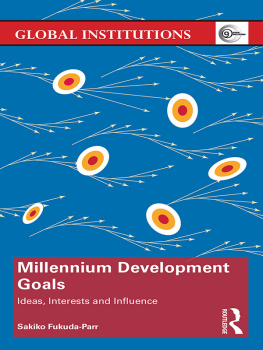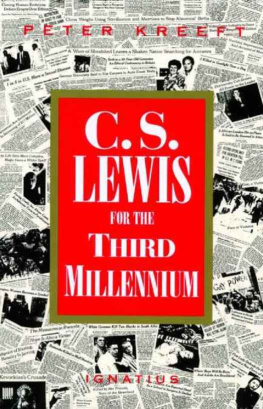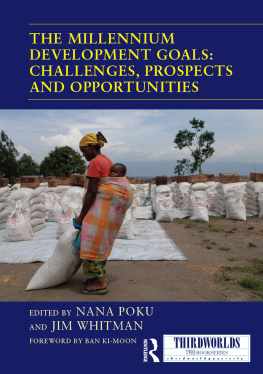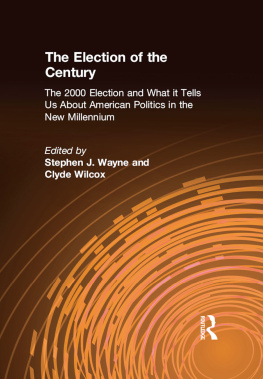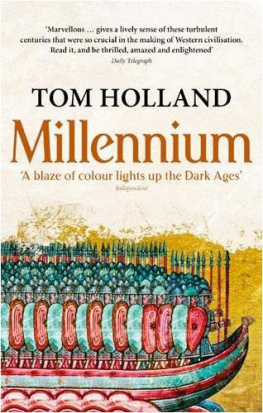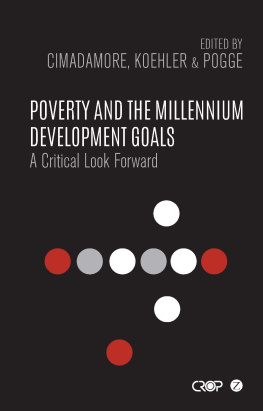RACE AGAINST TIME
SEARCHING FOR HOPE IN AIDS-RAVAGED AFRICA
by STEPHEN LEWIS
SECOND EDITION, WITH A NEW AFTERWORD

Copyright 2005, 2006 Stephen Lewis Associates Ltd. and the Canadian Broadcasting Corporation
All rights reserved. No part of this publication may be
reproduced or transmitted in any form or by any means,
electronic or mechanical, including photocopying, recording,
or any information storage and retrieval system, without
permission in writing from the publisher.
Distribution of this electronic edition via the Internet or
any other means without the permission of the publisher is
illegal. Please do not participate in electronic piracy of
copyrighted material; purchase only authorized electronic
editions. We appreciate your support of the author's rights.
This edition published in 2009 by
House of Anansi Press Inc.
110 Spadina Ave., Suite 801
Toronto, ON, M5V 2K4
Tel. 416-363-4343
Fax 416-363-1017
www.anansi.ca
LIBRARY AND ARCHIVES CANADA CATALOGUING IN PUBLICATION
Lewis, Stephen, 1937
Race against time : searching for hope in AIDS-ravaged Africa / Stephen Lewis. 2nd ed.
eISBN 978-0-88784-875-9
1. International relief Africa Evaluation. 2. UN Millennium Project. 3. Human rights Africa. 4. Poverty Africa. 5. Africa. I. Title.
JC571.L534 2006 361.26096 C2006-902783-8
Cover design: Bill Douglas at The Bang
Cover photograph: Pep Bonet, Panos Pictures

We acknowledge for their financial support of our publishing program the Canada Council for the Arts, the Ontario Arts Council, and the Government of Canada through the Canada Book Fund.
To the women living with AIDS in Africa
Indomitable, Resilient, Courageous
One day the world will come to its senses.
PREFACE
THIS IS NOT a pro forma preface. I have a number of things I want to say about the writing of these lectures.
First, Im addicted to the spoken word; speaking is my vocation. But there is a cadence and rhythm sometimes even feckless abandon to a speech which doesnt always translate comfortably to the page. I readily admit that it was difficult to find a rapprochement between the spoken and the written word. These are five separate lectures, delivered in five separate cities. There will therefore be some redundancy and the occasional clunky-sounding word or phrase the eccentricities of speaking.
Second, because the due date for the writing of the book significantly preceded the delivery of the lectures themselves, I was perpetually hostage to events. My basic theme is the Millennium Development Goals, and I found myself constantly jousting with international meetings (like the G8 Summit) whose relevance was key but whose dates fell between the book and the lectures. By breaking the deadline rules, I managed to delay the completion of the text until some of the crucial meetings had come and gone. It was a trifle sneaky, but very satisfying.
Ive struggled valiantly with this swirl of ongoing events; I can only hope that the lectures are seen to have an inherent and independent integrity.
Third, inevitably I couldnt do more than scratch the surface of a number of critical issues; theyll have to remain for a future book. If there had been time or space, I would have liked to confront the frequent preoccupation with African governance on the one hand and African corruption on the other. The corruption issue is particularly gnawing since it forever seems to tarnish the continents right to health and recovery. I always flinch when people bandy about charges of corruption: it constitutes such a double standard in the face of our own Canadian sponsorship scandal, or the billions unaccounted for in the U.S. administration of Iraqs oil revenues. Ive learned that corruption is an accusation most eagerly hurled by people in glass houses.
Finally, I wrote these lectures as someone who loves the United Nations and the ideals it embodies. Im not an apologist, but Im certainly a devotee. The United Nations has shaped the last twenty-one years of my life, and Ive cherished every job that Ive held in the heart-land of multilateralism. The first was my appointment an entire surprise as Canadian ambassador to the United Nations from 1984 to 1988, followed by positions with UNICEF (including deputy executive director), specific roles with two previous Secretaries-General, with the Economic Commission for Africa, the International Labour Organization, and the United Nations Development Fund for Women, with UNAIDS, and culminating in my present work, since 2001, as the Secretary-Generals special envoy on HIV / AIDS in Africa.
In the course of the last two decades, therefore, Ive watched the United Nations from the inside, and have had the privilege of working with international civil servants throughout the secretariat and in many of the major agencies. Ive also had the experience (especially in the UNICEF and envoy roles) of observing the work of the UN on the ground, in-country, where its work is most evident and truly appreciated.
In the process, Ive witnessed both the strengths and weaknesses of multilateralism, especially in the domains of development and humanitarian intervention. I glory in the strengths and Im appalled by the weaknesses. As a result, these lectures are not confined to adoration; theres some heavy-duty criticism. That part of it hasnt been easy; Im loath to reproach the United Nations.
And yet, in far too many instances Ive seen wilful inertia or outright irresponsibility at work within the UN family. I know the wondrous heights the UN can scale (just think of the eradication of smallpox, or the near-eradication of polio); theres neither need nor justification to wallow in the trough of mediocrity. When it happens, it should be identified. Too much is at stake. The Secretary-General talks volubly of UN reform; if there is to be reform, then the things that are out of whack need to be identified and put right.
Everyone, every government in the international arena, is talking UN renewal. Apart from being the centre-piece of the discussions in the General Assembly in September 2005, it will remain at the top of the agenda for the foreseeable future. Inevitably, the main focus of renewal is on the Security Council, or resolutions on terrorism, or the new Human Rights Council. What I have attempted to do in these lectures is to join the debate, by providing my own view of renewal, a renewal which speaks to the development and humanitarian ethos the side of the UN charter that is so often neglected.
This has not been an easy undertaking for me; in fact, its been quite painful in places. It seems to me that those of us who care about the United Nations have an ethical responsibility to point out its failings and to suggest constructive alternatives. There is a tendency to think that dissent should be contained or that self-censorship is to be applauded. I regard both sentiments as the last refuge of an intellectual wimp.
On the other hand, I realize that Im running a risk in these lectures. Some of the things Im saying, some of the arguments Im making, will rub UN officialdom and various politicians the wrong way. They may wish to exact retribution. Ive thought a lot about that because I so value the job Ive been permitted to do.
But it seems to me that the mark of a true loyalist is to be honest with those to whom he or she is loyal. So Ive taken candour to heart. Unless the foibles and failings of the UN on the development and humanitarian agendas are discussed publicly, they will never change. I believe to the depths of my being that they must change, because never has humankind been in greater need of a trusted, rational, purposeful, and principled United Nations.


